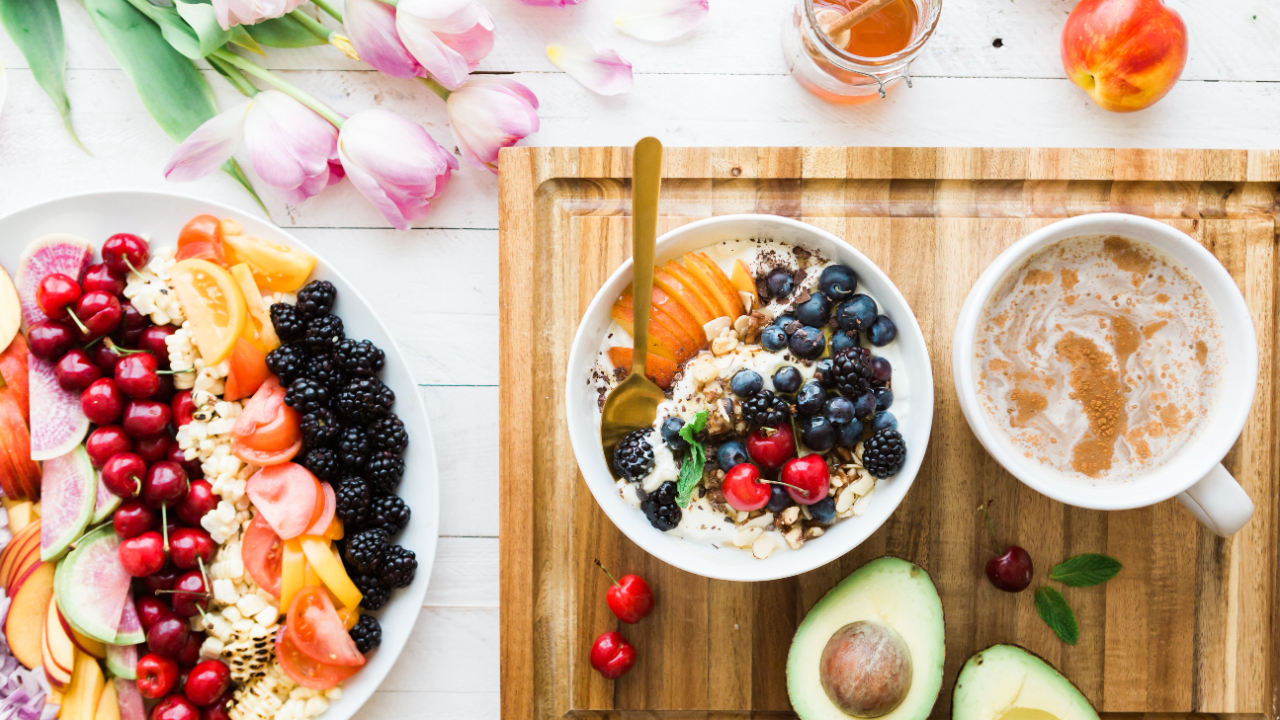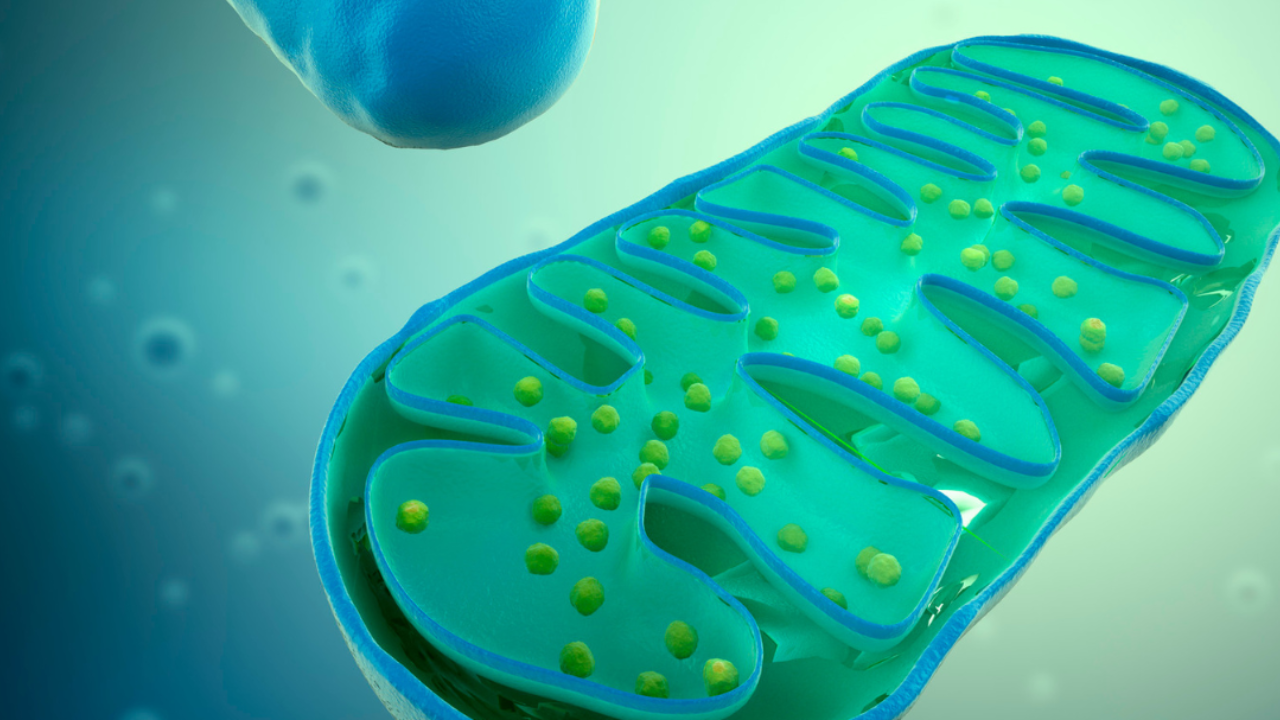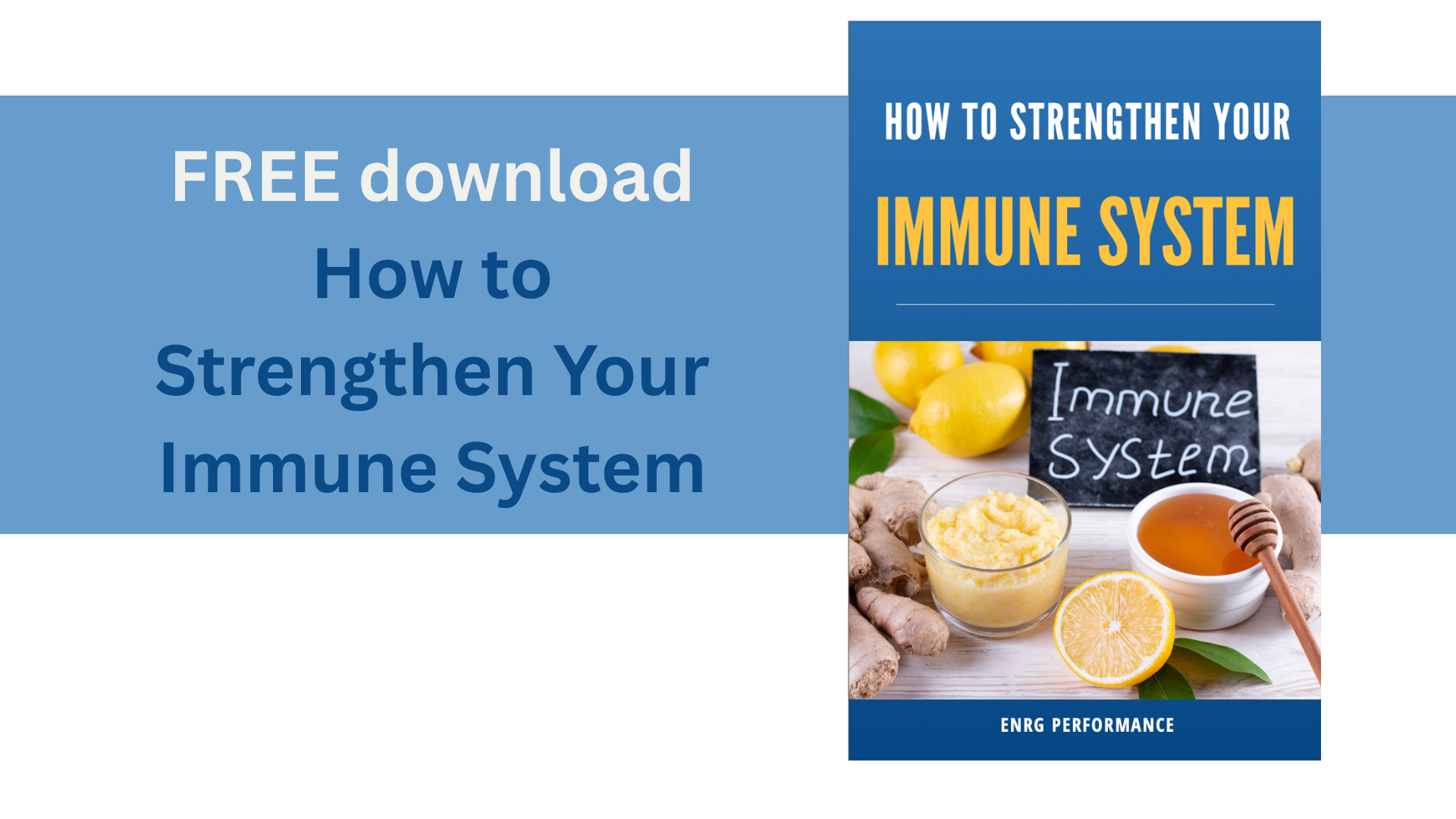Nutrition Made Easy
Nov 05, 2023
There are so many recommendations on how to eat, when to eat and of course what to eat. Recommendations from health professionals such as Registered Dietitians can get lost in-between the latest internet article or TikTok trend. There is no one "perfect way" of eating or “perfect diet” to follow. There are habits and routines that continue to be evidence-based when recommending a healthy daily nutrition plan. Here are some easy recommendations you can follow to ensure you are meeting your daily nutritional needs:
Include a variety of fruits, vegetables and whole grains
One of the most simple pieces of advice I give someone as a Registered Dietitian and a Board Certified Specialist in Sport Dietetics is to simply eat the color of the rainbow with produce (fruit and vegetables). Often individuals look for a daily multivitamin or supplement to fulfill their vitamin and mineral needs. This does not replace the dietary fiber along with the habit change that goes with including a variety of fruits, vegetables, beans/legumes and whole grains throughout the day. Additionally, the absorption rate (bioavailability) is much greater with food compared to supplements. A great goal is to include a total of 5 servings of fruits and vegetables per day. Remember that veggies and fruit can be fresh or frozen. Whatever option fits your lifestyle and budget is the best option.
Include a quality protein source with your meals and snacks
Protein, whether plant or animal-based, helps the body feel the most full or satiated. If you do not include a protein source with meals and snacks, this can lead to feeling hungrier faster, which may predispose you to snack more often. If you choose animal-based proteins, aim for leaner protein options that are baked, grilled and/or broiled. Protein, along with fiber and fat-rich foods, helps to support better blood sugar control and improve overall metabolic efficiency. Additionally, including protein with your meals can help with body weight and body composition goals. Keep in mind that daily protein needs are generally higher during times of weight loss and higher training loads. Reach out to one of the eNRG Sports Dietitians if you would like a customized plan to meet your individual health and performance goals.
Hydration:
This sounds simple, but being sufficiently hydrated daily is crucial to improving overall health and performance. Besides sleep, water is the second most important human physical need. Do you have any idea of how much water you drink in a day? Most women should have a minimum of 12 cups per day and most men should have 15 cups of water per day. These are general guidelines and are not based on age, activity level, sweat rate and environmental conditions. An eNRG Sports Dietitian can help you determine your actual daily and training fluid needs.
No matter what meal pattern or way of eating you follow, including a variety of vegetables, whole grains, fruits, and beans/legumes with all meals is a simple method to begin improving overall health and performance. Don’t forget to include a quality protein source with meals and snacks and keep hydration as a top priority throughout the day.
For more information, refer to our FREE “Metabolic Efficiency Training” masterclass on the eNRG Performance website.
SUBSCRIBE AND WE WILL DROP SOME HEALTHY INSPIRATION IN YOUR INBOX
We hate SPAM. We will never sell your information, for any reason.







